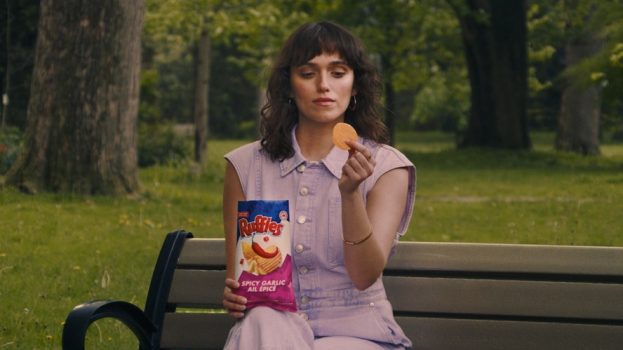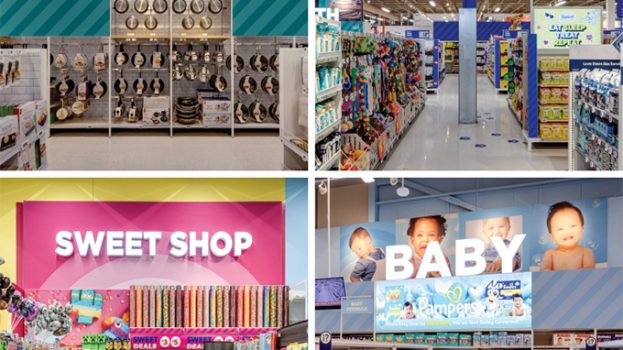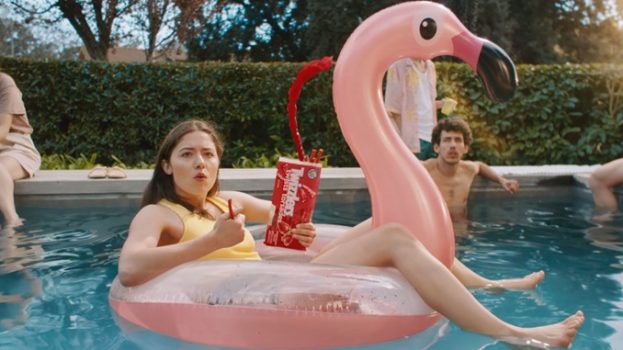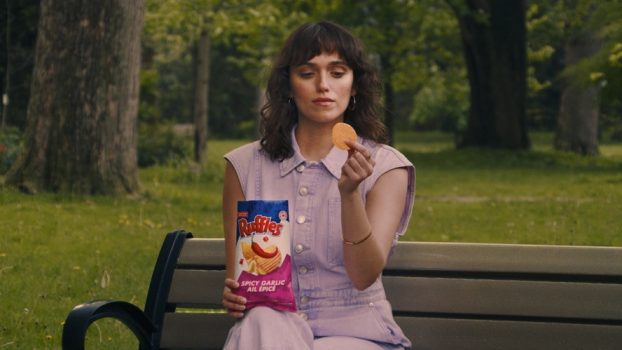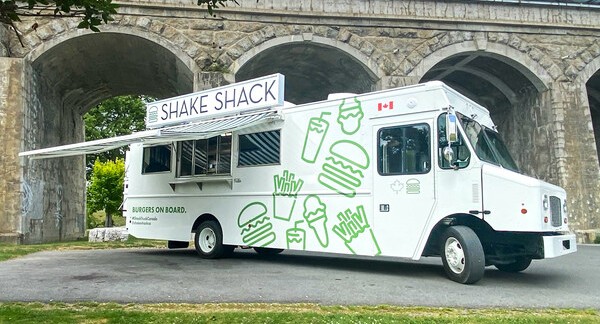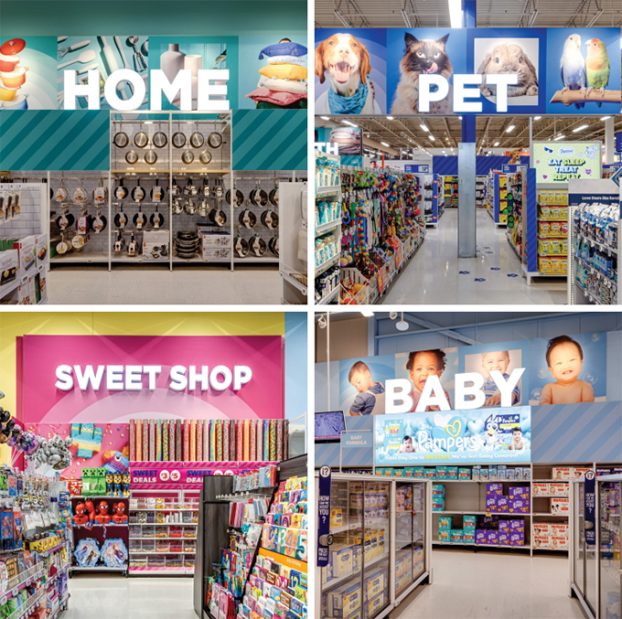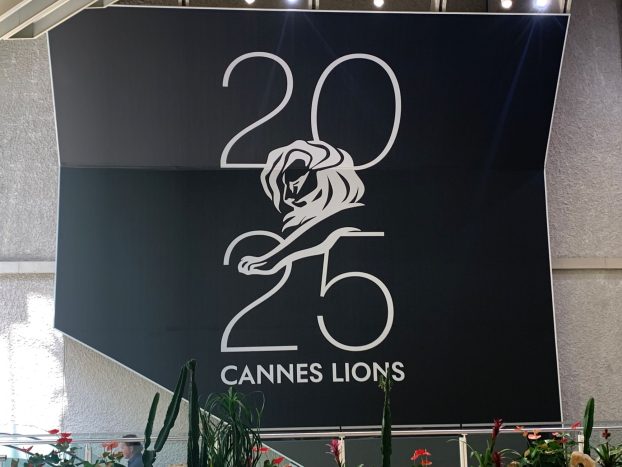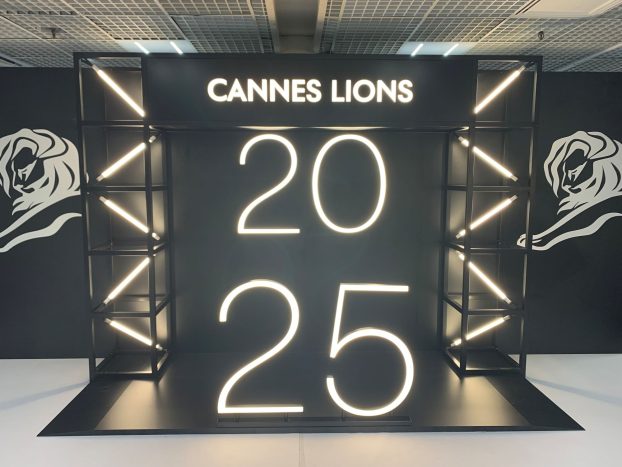Loblaw shoppers looking to get their Frito-Lay snack fix will have to go elsewhere after the CPG co halted shipments to the retailer, but the scuffle is also bringing years of frustration between grocers and vendors into the view of consumers.
First reported by La Presse, Frito-Lay Canada is no longer distributing its products, including Lays, Cheetos, Doritos and Sunchips, to Loblaw banners. The manufacturer had increased prices on in products in response to what it says are “unprecedented pressures” from rising ingredients, packaging and transportation costs, but they were not accepted by the grocery giant.
This is far from the first tiff between suppliers and a big grocer, and may be a culmination of years of frustrations.
Most recently on that list are recent fee hikes on Loblaw’s end. In 2019, Loblaw announced it was going to charge its largest suppliers – including PepsiCo – an extra 1.2% on the cost of goods sold, as well as a customized fee to cover costs associated with its PC Optimum loyalty offers and online promotions. Then, in late 2020, Loblaw followed Walmart in implementing higher listing fees to suppliers, again so it could make improvements to its own operations while keeping prices low for shoppers.
“They can’t agree on prices, but overall the relationship between processors and grocers has not been great over the past few years, as a result of grocers changing rules all the time,” says Sylvain Charlebois, senior director of Dalhousie University’s Agri-Food Analytics Lab.
He tells strategy that these kinds of stop-sell tactics have been around for years, but this time it’s different due to the scale of the dispute. For Frito-Lay, Charlebois says the company is likely trying to send a clear message to government that the industry needs an arbitrator to deal with outstanding issues.
“Loblaw has the power, and are the ones in control here,” Charlebois says, adding that the banner can replace Frito-Lay products with its own private labels. And given it does its own contractual manufacturing for No Name and President’s Choice, this means it can go to the negotiating table with Frito-Lay knowing exactly the cost of making chips.
Also, he explains, as the largest private employer in Canada, Loblaw has the power to change market conditions. If PepsiCo blinked, it would have had to negotiate new terms with other groceries as well in order to keep markets and suggested retail prices stable.
Consumers, of course, are watching from the sidelines to see how this is playing out. And according to Wojtek Dabrowski, managing partner at Provident Communications, Loblaw’s past transgressions – such as its role in the bread price fixing scandal, or ending “hero pay” for frontline workers – are in the rearview mirror and not affecting public perception.
Rather, Dabrowski says, shoppers are unlikely to find fault with a company that’s trying to keep groceries as inexpensive as possible, a key concern as the cost of other things continue to go up with inflation. Loblaw, for its part, said in response to the stop-sell that it’s “laser-focused” on minimizing retail price increases.
However, while Loblaw is a Canadian company and its loyalty offerings are enjoyed by many, Dabrowski warns that painting itself as a hero protecting consumers is a fool’s errand – because when consumers walk into the store, they are more mindful of being able to find the products they want.
“‘Big Food’, if you want to call it that, definitely has that behemoth aspect to it in customers’ minds,” Dabrowski says. But Canadians also know Loblaw “is not a goody two-shoes retailer trying to do the best thing for Canadians against some evil multinational.”
In late 2020, Loblaw caught public ire when it raised the dividends it paid out to investors following a 3% bump in earnings – but still declined to bring back “hero pay” for its workers in stores. However, Frito-Lay is also catching blowback from some more observant consumers, who shared links to parent company PepsiCo’s own financial reports showing its massive revenue growth.
In its most recent financial quarter, ending Dec. 31, PepsiCo reported that profits for the North American chip division were up by 10%, with revenue growth and productivity savings surpassing increased costs for supplies and transportation, as well as increased marketing costs.
If more vendors follow Frito-Lay’s lead, it’s the consumer who stands to lose in the end. That’s both because of the choice consumers have in the aisles, but also because even a few vendors disappearing for good may lead to higher food prices in the long term. What’s at stake, Charlebois says, is not just people having one less place to buy Doritos, but the Canadian food distribution system overall.


